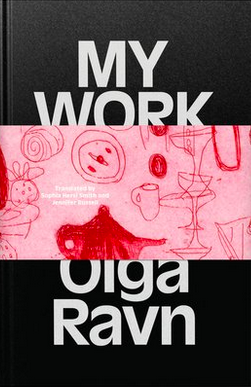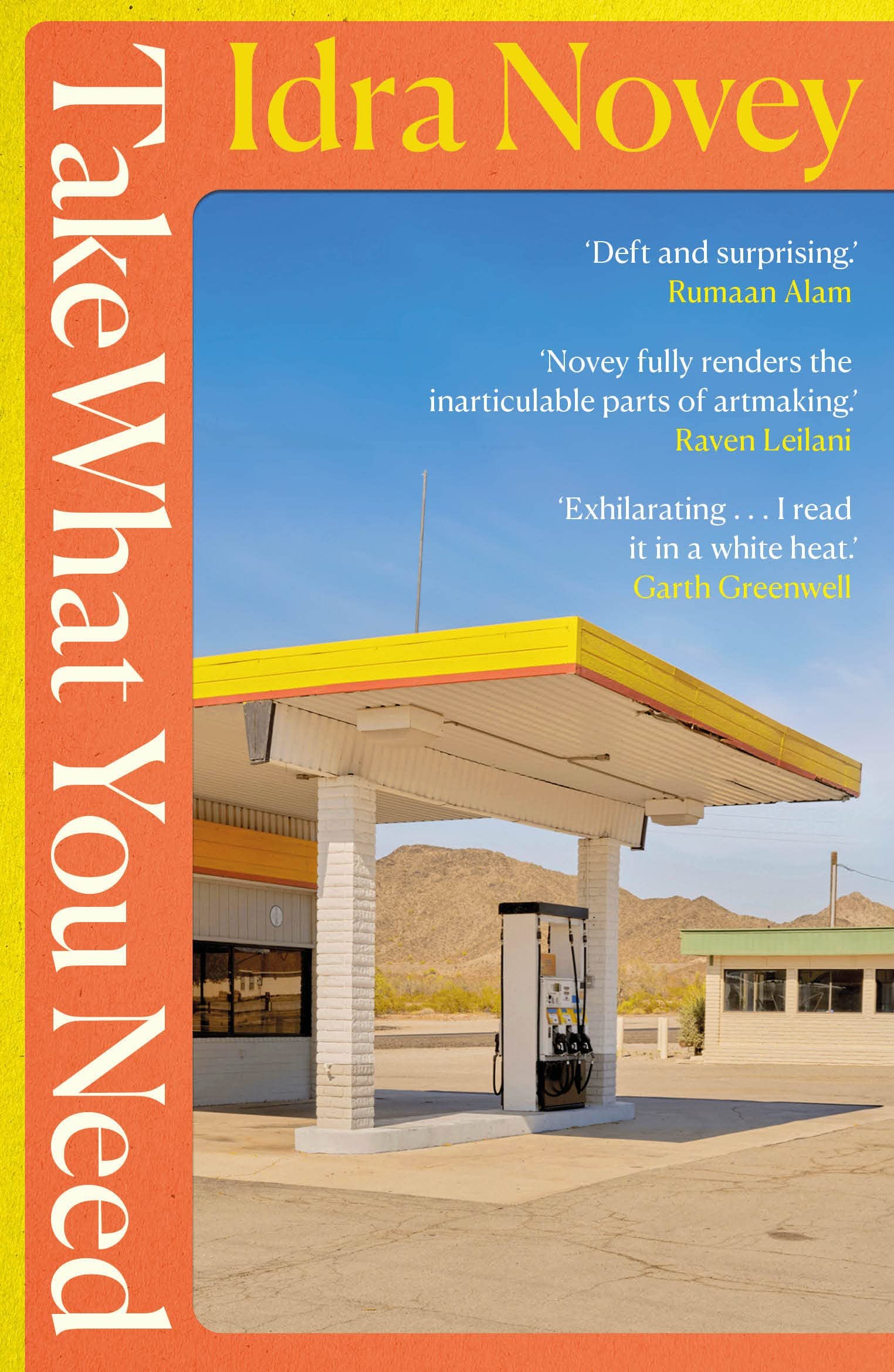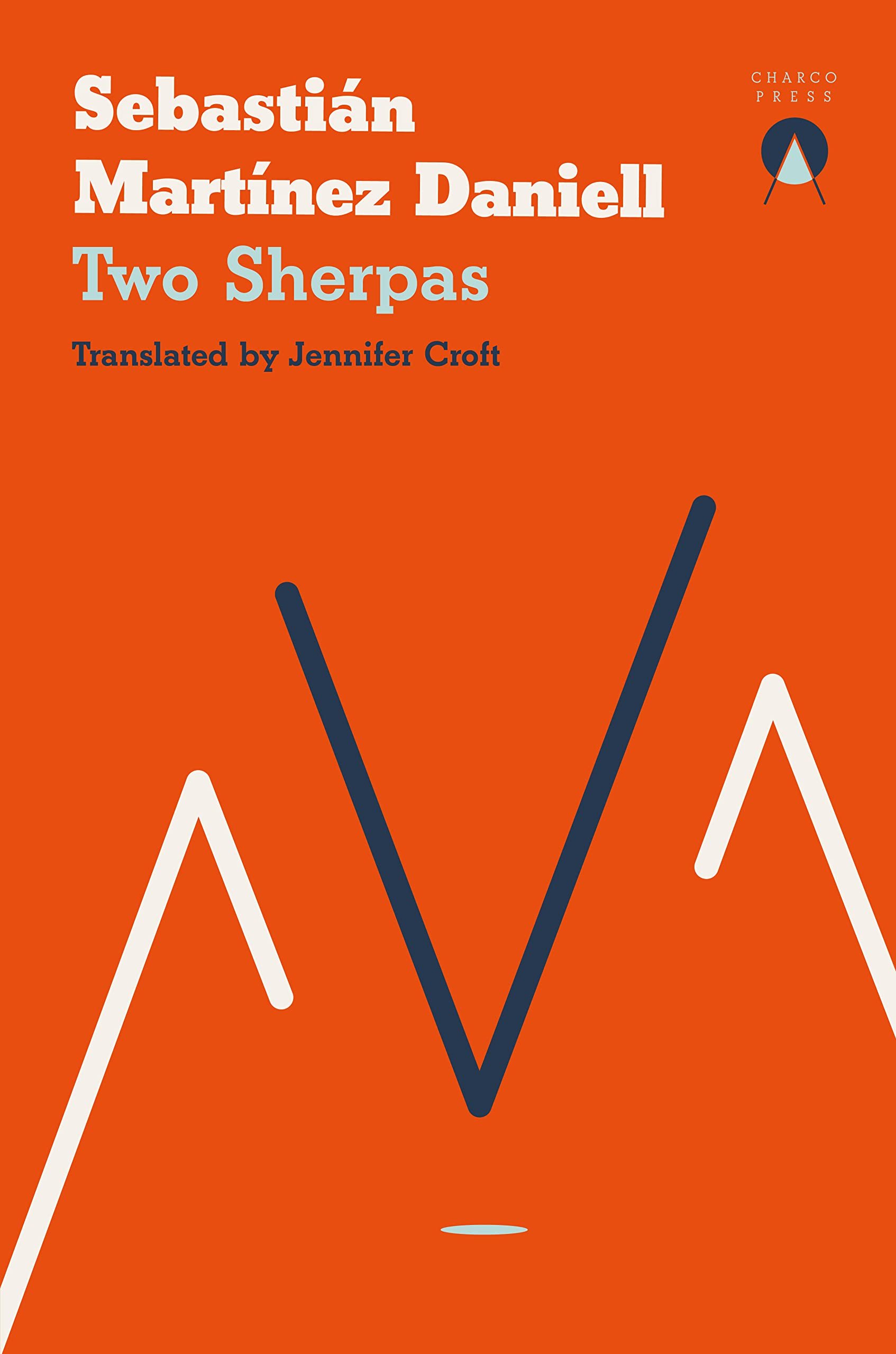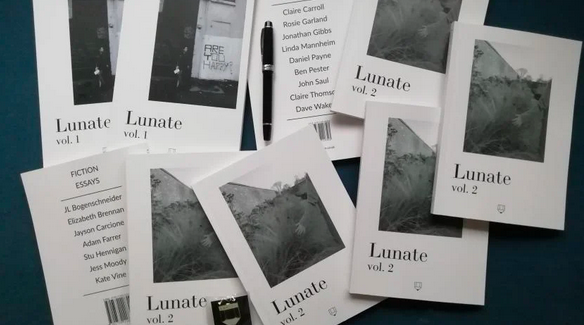Motion Sickness by Lynne Tillman
‘A robustly intertextual work (stuffed with repeated references to films, books, paintings, records, held up like touchstones), like all the best visitors Motion Sickness speaks awkwardly and eloquently of its particular time and place in the world’
My Work by Olga Ravn (tr. Sophia Hersi Smith and Jennifer Russell)
‘As necessary and difficult as childbirth itself, My Work marks an important engagement with the past and present of women’s writing’
Keith Ridgway’s Shelf Life
‘With every book I read — even a terrible book — I become a marginally better writer. Or a marginally different writer anyway.’
Tasting Menu by Trahearne Falvey
‘He told her she would have no choice in what was put in front of her, and she would have to eat it. As a child, he said, I’d sit at the table for hours until I learnt that I had to finish or it would be waiting for me the next morning. Just, please, whatever it is, eat it.’
Innominate by Naomi Pearce
‘Innominate is a meticulously researched novel, borne out by Pearce’s attention to historical detail and her ability to render acutely vivid characters. However, it is the sense of place, and the sensation of deep time, which elevates this novel into something eerie.’
Idra Novey’s Shelf Life
‘Translation is the deepest kind of reading. For the most part, I've only translated writers whose influence I was seeking.’
Take What You Need by Idra Novey
‘A work of unflinching emotional scrutiny and uncommon artistry, it elevates the modern American novel to new and exhilarating heights.’
FROM THE ARCHIVE My Two Sons by Claire Carroll
‘At first, I liked how envious people were. I liked that they coveted my sons. But after a while their comments and sidelong glances began to make me feel self-conscious.’
The short story by Helena Aeberli
‘The writer has now snared the couple who own the hotel, who have limited English and who he is therefore speaking to in a very slow, sonorous tone, the way one might to a dog.’
A Wreath for the Enemy by Pamela Frankau
‘A Wreath for the Enemy is a compelling and ambitiously crafted coming of age story — one that is still emotionally resonant sixty-nine years after its initial publication, and more than deserving of renewed attention.’
Industrial Roots by Lisa Pike
‘With an expert hand, Pike builds these vignettes, these brief glimpses into her characters interconnected worlds, into a full picture of the spectrum of female experiences in the community she portrays. ‘
The Prepared Piano by Jonathan Gibbs
‘The point is, I do not know before I walk onstage what preparation awaits me. I programme my concerts as seriously as any other performer. Do I rehearse? Ha, well I rehearse a little. I am not the most prepared pianist.’
Fassbinder Thousands of Mirrors by Ian Penman
‘Generous to a fault, and still balancing passion and caution with winning ease, Penman, you suspect, could find illuminating angles of inquiry in a crate of unexposed film.’
The Twist in the Maid by Elizabeth Brennan
‘On her first day working here Anna told her that she hired her because of her calm, collected way of dealing with the questions in the interview. She assumes that Anna knows she is the opposite of this and has basically hired a yin to her yang. At another level she understands very clearly what Anna expects of her.’
FROM THE ARCHIVE Tried Feelings Overnight by Anna Myers
‘In the faint blue light of the night we get into his bed and wait for time to run out. In hiding, we hold onto what we think we are and what we wish we were.’
Reverse Engineering II ed. Tom Conaghan
‘Reverse Engineering II is a remarkable anthology and a wonderfully looping set of conversations about the elusive nature of the creative process.’
Two Sherpas by Sebastián Martínez Daniell (tr. Jennifer Croft)
‘Daniell uses a neat cast of characters, a sprinkling of sub-tales and a touch of comedy to create a story far broader than the reader might expect, an acerbic dissection of a tired world order and personal history of two very different individuals.’
The Kathryn Scanlan Interview
‘Anytime that someone is writing about their life, or something that happened to them, or even just telling a story to someone, there are distortions happening. There’s necessarily going to be a very subjective view of things.’




















